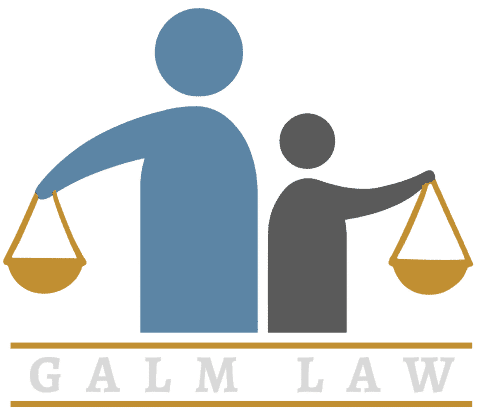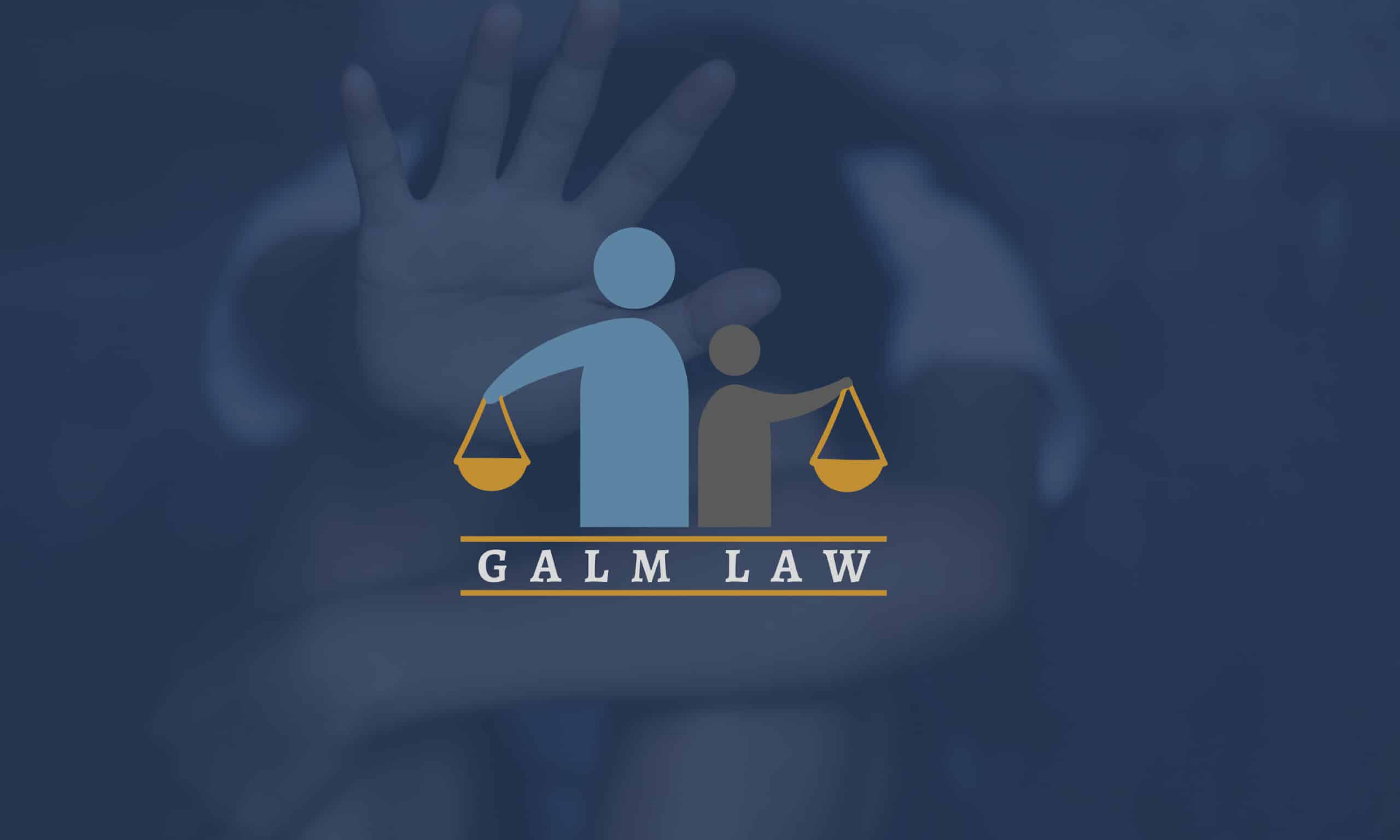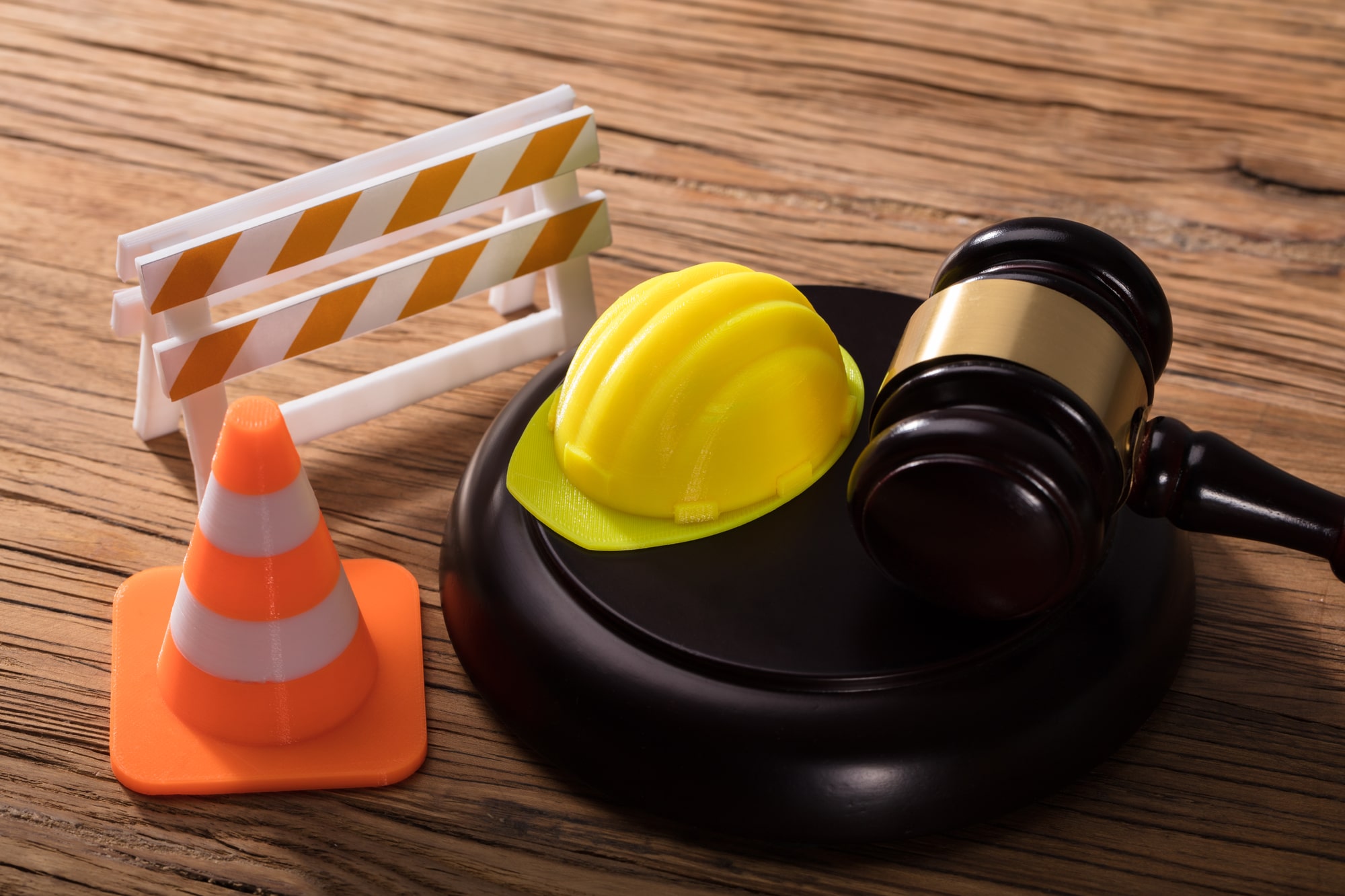Civil Assault and Battery
Bar or club bouncers can commit civil battery, physical harm to another person, if they step beyond the duties of their position. Assault occurs when one person puts another individual in apprehension of harm. Battery includes any physical harm of one person to another. The two terms are legally distinguishable under Oregon law, and victims of these types of assault should consult a personal injury attorney for more information.
Bouncers’ Training and Job Duties
Generally speaking, many bar or club bouncers have no special training in protection, law enforcement or public safety. They are hired to “keep the peace,” yet have no training to do so. Usually, they are hired because of their imposing bulk or attitude to perform certain, basic public safety tasks. These include removing unruly patrons, enforcing the club or bar’s rules, or refusing entry to the space for whatever reason. Each of these tasks must be performed, however, with care for the patron’s safety. This means that some force may be used by discretion to limit harm to the patron or prevent harm to other patrons.
Exceeding Job Duties
A bouncer exceeds the limits of his job duties when he uses excessive force to remove a patron, seriously physically harms a patron, or acts in any other way that would be considered unnecessarily violent for his position. In any of these circumstances, the bouncer can be held liable for the personal injuries he inflicted on the patron. The personal injuries must have been inflicted during the bouncer’s employment, meaning while the bouncer was at work.
Additionally, the bar or club owner, employer or other person responsible for the bouncer’s actions can be liable for any personal injuries caused by the bouncer/employee during his employment. This is because employers are responsible for their employee’s actions at work. Therefore, the injured patron might be able to recover damages from the bouncer and the employer. Exceptions to this rule exist when the employer expressly prohibited the bouncer from behaving in the manner he did.
Compensation for Damages
An injured patron can receive compensation for his past and future medical expenses, emotional distress, lost wages and suffering. The amount of his award will depend on the severity of his injuries, costs of treatment, responsibility for the battery occurring, the location of the event and prior awards for the type of injuries he sustained.
However, the patron may also be able to recover punitive damages under ORS 31.735, but only if allowed by law. Punitive damages are those awarded to an individual to punish a wrongdoing party. This amount is usually capped by law. Because the bouncer would have acted intentionally and vindictively when he injured the patron, he may be punished through an award of punitive damages. For any questions regarding civil battery and assault cases, contact Galm Law today for a free consultation.


